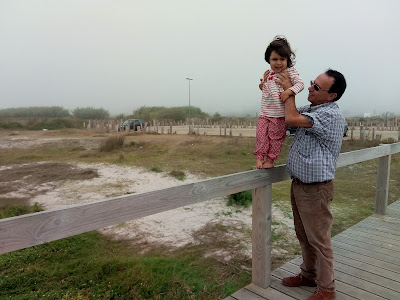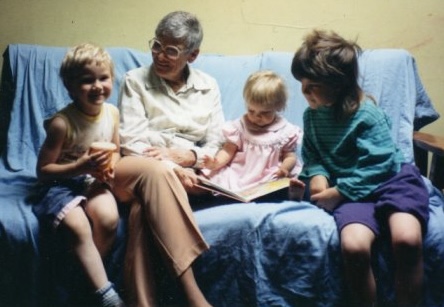
"Meredith Meredith" wrote:
If you value something, make it part of your life. If you value music, play music, listen to music, dance and sing. Invite the people you love to join you—maybe they will. If you value scientific thinking, think like a scientist. If you enjoy math, play with numbers and relationships. The catch is to live your own values without trying to foist them off on other people—because that's not a very good way of sharing what you love, and because personality matters. All your singing and dancing won't make your kids musicians if they're not so inclined—but they'll know a few things about music. If you push music at them, they may associate what they know with drudgery and unhappiness—and then you've failed and failed more utterly than if you never sang a note in their presence.
—Meredith Novak
photo by Sandra Dodd, of Marty kid-art



















